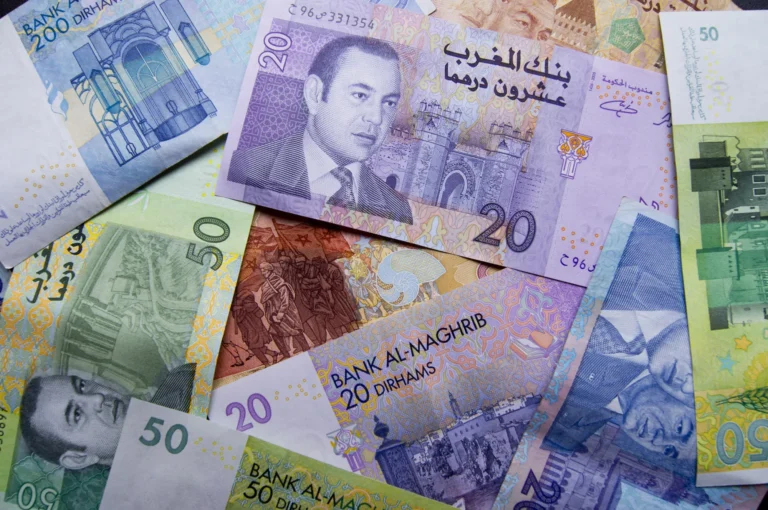The Moroccan tax amnesty scheme, which concluded at the end of 2024, successfully legalised approximately 127 billion dirhams (€12 billion), exceeding initial government forecasts, according to Mustapha Baitas, Minister Delegate to the Prime Minister for Relations with Parliament and Government Spokesperson.
Baitas made the announcement during a press conference held in Rabat on Thursday, January 10, 2025.
This initiative, aimed at encouraging taxpayers to voluntarily disclose undeclared income and taxable earnings before January 1, 2025, yielded exceptional results, Baitas told journalists following a government council meeting.
The declared amount (127 billion dirhams), which contributed 6 billion dirhams to state coffers, is expected to play a pivotal role in financing the national economy and providing it with a significant boost, he added.
The government spokesperson emphasised that the measure had strengthened trust between tax authorities and taxpayers, improved compliance with tax obligations, and provided the financial sector with substantial resources to enhance its capacity to fund the national economy.
He noted that the funds generated through this program were instrumental in offsetting increased public expenditures. Tax revenues were used to “cover social spending, including the costs associated with social dialogue, and combat inflation through a series of measures,” he stated.
Additionally, these revenues helped finance salary increases across various public administrations (totaling 13.8 billion dirhams in 2024), benefiting approximately 1.127 million civil servants, while supporting key sectors such as transportation and electricity and implementing measures to curb inflation and mitigate the impact of drought.
Regarding fiscal performance in 2024, Baitas highlighted significant growth in tax revenues, including an increase of 12 billion dirhams in value-added tax (6 billion dirhams from import VAT and 6 billion dirhams from domestic VAT), 9 billion dirhams in income tax, 8 billion dirhams in corporate tax, 3.7 billion dirhams in excise duties, 1.5 billion dirhams in registration fees, and 1.4 billion dirhams in customs duties.
The legal deadline of December 31, 2024, allowed individuals to regularise their tax status by declaring previously hidden income, often held as cash. In exchange, a reduced retroactive tax rate was applied, and criminal penalties were waived. The scheme’s aim is to promote greater fiscal transparency, inject new resources into the financial sector, reduce the circulation of undeclared funds, and ultimately decrease the share of cash in the economy.
In addition to generating immediate and future tax revenues, reducing undeclared cash flows is seen as a critical step towards further liberalising the exchange rate regime of the Moroccan dirham. The medium-term goal is to allow the dirham’s exchange rate to float freely in the market. Reducing parallel market liquidity is seen as essential to maintaining the official exchange rate.
Although the declared amount has exceeded government expectations, it remains uncertain whether it represents a significant portion of the undeclared assets held by many citizens or if an even larger sum remains concealed.
MK/ac/sf/lb/as/APA


